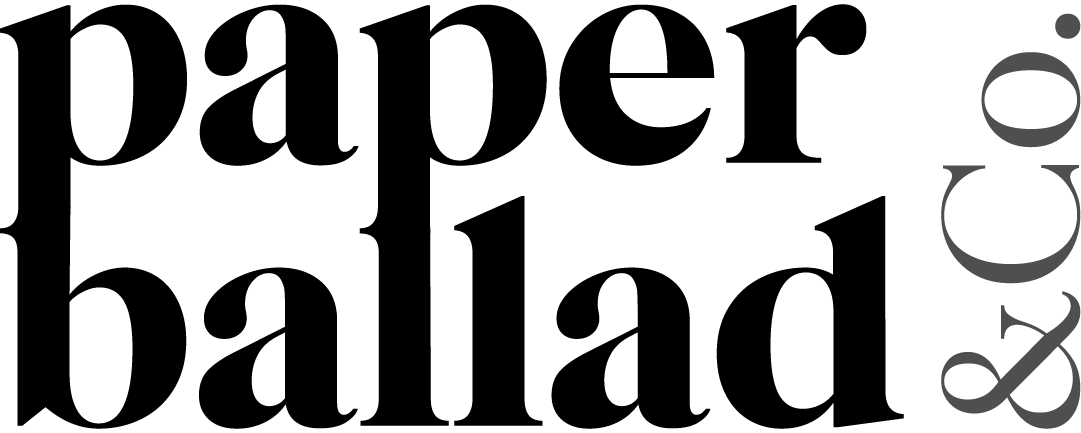Everyone knows the importance of a great website, but not necessarily the importance of great web copy.
Diving In: Why Good Website Copy Matters
Good website copy is crucial to the success of your online presence. It can be the difference between attracting and retaining customers, or losing them to your competitors. Well-written copy conveys your brand message effectively. It also plays a significant role in search engine rankings, which directly impacts the visibility of your website.
In fact, studies show that 91% of web pages get no traffic from Google, primarily due to poor website copy.
What “Good” Website Copy Actually Means
Good can mean anything really. But that’s not why you’re here today!
“Good” web copy is engaging, informative, and tailored to your target audience. It should capture your brand’s voice and personality, while also addressing your customers’ needs and pain points. Effective web copy is concise, easy to understand, and focused on providing value to the reader. It also incorporates SEO best practices, ensuring that your content ranks well on search engine results pages. More info here.

The Main Components in a Website:
Terms & Major Copy Areas
The main components in website copy are the essential elements that make up the content of your website, working together to engage, inform, and persuade your target audience. These components include:
Headlines:
Compelling and attention-grabbing headlines set the tone for the content that follows and encourage users to continue reading. A well-crafted headline should be clear, concise, and focused on the main benefit or message you want to convey.
Subheadings:
Subheadings break up large blocks of text, making your content more digestible and easier to navigate. They help guide readers through the page and allow them to quickly locate the information they’re looking for.
Body copy:
The body copy is the main text of your website, containing the detailed information about your products or services. It should be informative, engaging, and written in a tone and style that resonates with your target audience. Focus on highlighting the unique selling points (USPs) and benefits of your offerings, while also addressing any potential concerns or objections your audience might have.
Call-to-action (CTA):
CTAs are critical components of your website copy, as they guide users towards taking a specific action, such as signing up for a newsletter, requesting a quote, or making a purchase. A strong CTA should be clear, concise, and compelling, creating a sense of urgency and encouraging users to take the desired action.
Testimonials and social proof:
Including testimonials, case studies, or other forms of social proof in your website copy helps build credibility and trust with your audience. By showcasing the positive experiences of previous customers, you demonstrate the value of your products or services and give potential clients confidence in their decision to choose your business.
Visual elements:
While not strictly part of the copy itself, visual elements such as images, videos, infographics, and other multimedia content can help enhance your website copy by providing additional context, illustrating key points, and making the overall experience more engaging for users.
Each component plays a role in capturing your audience’s attention, guiding them through your content, and ultimately, driving them to take action. By carefully crafting each of these components, you can create website copy that effectively communicates your brand’s message, captures the attention of your target audience, and ultimately drives conversions and business growth.

Best Practices for Effective Website Copy
Defining Your Brand Voice and Paying Attention
One example of a company with a well-defined brand voice is Mailchimp. They are known for their friendly, conversational tone. To define your brand voice, consider your brand’s values, target audience, and unique selling proposition.
Target Audience
Understanding your target audience is crucial when crafting website copy. Thus, by knowing your audience’s demographics, interests, and pain points, you can create content that resonates with them and addresses their needs. For example, if you’re targeting millennials, you might use a more casual, relatable tone, while a B2B audience may require a more professional and authoritative approach.
Website Copy Goals
Copywriting Principles & Best Practices
Providing Value with the FAV Analysis
FAV Analysis – Understanding the True Value of Your Offerings
Features:
Advantages:
Value:
A Case-Study:
Copy for Eco-friendly cleaning products.
General Benefit Copy:
For example: Our cleaning products are fast-acting and effective. They are perfect for busy families who want to maintain a clean and healthy environment without spending hours on household chores. Plus, they come in a variety of refreshing scents to make your home smell amazing.
FAV Analysis Copy:
Our eco-friendly cleaning products (Feature) provide fast-acting and effective cleaning solutions (Advantage) that help you save time and effort while maintaining a clean and healthy home environment (Value).
Formulated with biodegradable ingredients and plant-based formulas (Feature), our products are non-toxic, safe for children and pets, and gentle on surfaces (Advantage), giving you peace of mind knowing you’re using safe and sustainable products in your home (Value).
Additionally, our recyclable packaging (Feature) and refreshing, natural scents (Feature) contribute to reducing your environmental impact (Advantage) and making your home smell amazing without the use of artificial fragrances (Value).
End Note:
The general benefit copy focuses on the benefits without providing specific details about the product’s features and the value it offers to the customer. In contrast, the FAV Analysis copy breaks down the product’s features, advantages, and value, making it more persuasive and engaging for the target audience. Additioanlly, highlighting the specific aspects of the product and tangible benefits it provides. The FAV Analysis copy effectively communicates the true value of the product and how it can improve the customer’s life.
Conclusion
In conclusion, your website copy can make or break your online success. By focusing on your target audience, defining your brand voice, and adhering to best practices, you can create engaging and effective copy that drives results. Don’t underestimate the power of good website copy – it might just be the key to taking your business to the next level.
If you’re looking to elevate your website copy and achieve better results, Contact Us today to book a free consultation and learn more about how our professional website copywriting services can help your business.














